It is always a challenge to renew a vehicle as mythical as the Renault Espace. A model with which Renault simply launched the minivan segment in the mid-1980s.
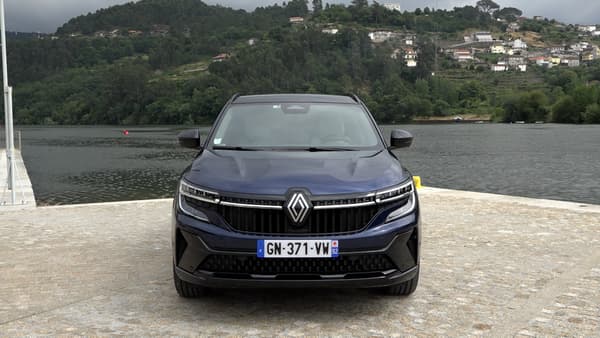
But a segment today neglected by customers who prefer the famous SUV. A turning point already made by the previous generation that adopted a crossover silhouette, but even more assertive in this new version, the 6th generation Espace.
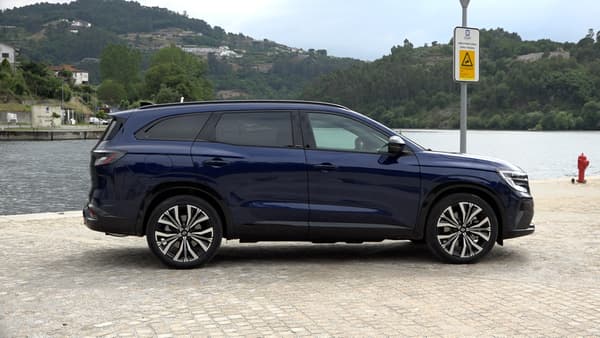
On the exterior design side, first of all, since this model takes up the main stylistic codes of the latest Renault SUV, the Austral. Clearly, this new Espace is a great Austral, 4.72 meters long, 20 cm longer than the Austral, but 14 less than the previous generation Espace.
And this resemblance is also found in the interior of the vehicle. And much better, because we really appreciate this design in the Austral, inspired by the Mégane E-Tech.
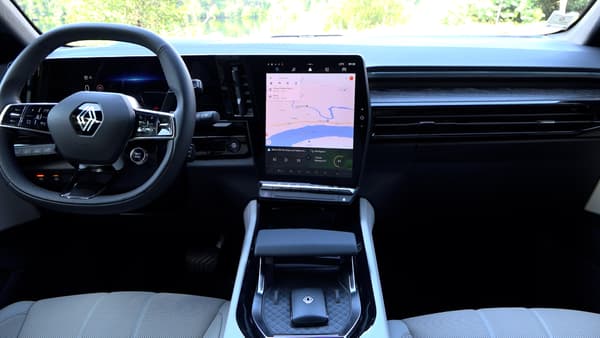
Thus we find ourselves with the new digital environment designed with Google, “OpenR”, fluid and responsive, with a counter screen, extended by a 12-inch touch pad in a vertical position. A system that is based on the Android Automotive architecture (Google’s operating system optimized for the car), but offers Carplay for iPhone owners. And of course Android Auto for others.
Logically, compared to the Austral, we gained space on board, especially in second place, as well as boot volume. Which also benefits from a gigantic panoramic roof, which is supposed to only let in light and not heat.
It also depends on the choice of configuration: our test model was equipped with the two additional seats in the third row. Extra seats or more suitable for small builds like children, which can be defended in a family oriented vehicle. From 777 liters of trunk volume with these lowered seats, we went to 159 liters in 7 seats.
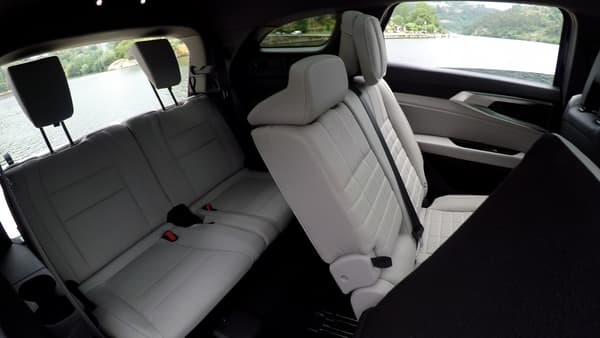
At the wheel, this Espace retains the qualities of the Austral, with which it shares a platform and one of the engines. It’s also the only one offered at the Espace’s launch: the 200-horsepower “full-hybrid” e-Tech engine. It combines a 130 horsepower 1.2-liter 3-cylinder gasoline engine mated to two small electric motors.
Enough to drive with zero emissions during starting, maneuvering and low-speed driving phases.
Advantage of this non-rechargeable hybrid motor: by definition, it is not necessary to plug it in, it is not even possible, and the weight of the battery is still very limited.
This battery offers a capacity of “only” 2 kWh. So it discharges quickly, but recharges just as quickly. Just like on the Austal, you can play around with the paddles on the steering wheel to adjust the level of rebound to various levels to go from a freewheel mode to a mode where you can almost steer with just the accelerator pedal and let you allows you to find close sensations. to an engine brake.
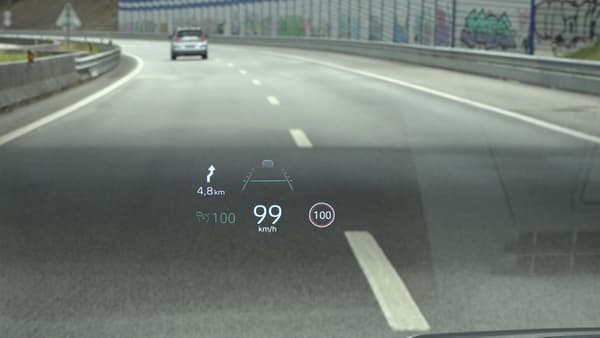
In our test of about 200 km driving on the highway, small roads and in the city, our consumption was 6.5 liters per 100 km. Quite promising in this engine that should replace diesel engines, quite popular historically in this type of model.
Other strengths of this new Espace: the 4control system. The steered rear wheels notably allow this large vehicle to have the turning radius of a Clio, which is quite handy for manoeuvring.
You can also count on plenty of driving aids, notably adaptive cruise control and road line following, with a good-quality head-up display.
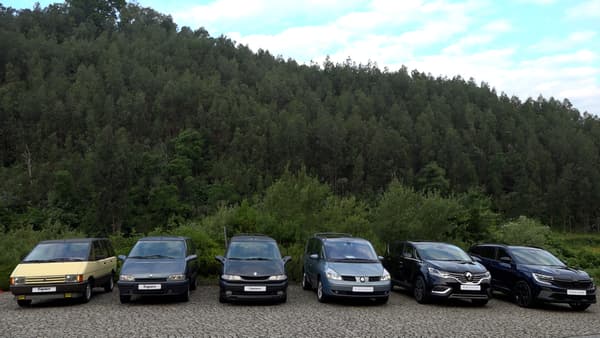
Faced with competitors such as the Peugeot 5008, or the Volkswagen Tiguan allspace, this new Espace could well find its place, even more so with this transfer to the SUV, which will undoubtedly make it more attractive in the eyes of the public and its Relevant hybrid offer to succeed. to diesel.
On the price side, it starts at 44,500 euros in Techno finish, and for our model in high-end Iconic finish, prices start at 49,500 euros. Please note that the 7-seater option, with the two additional seats, not the Renault invoice.
Source: BFM TV

